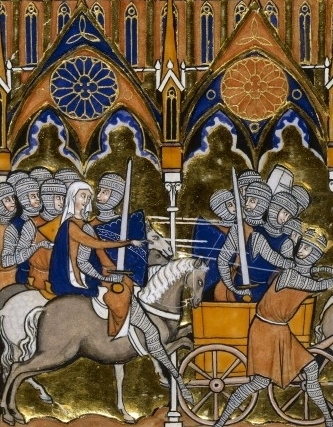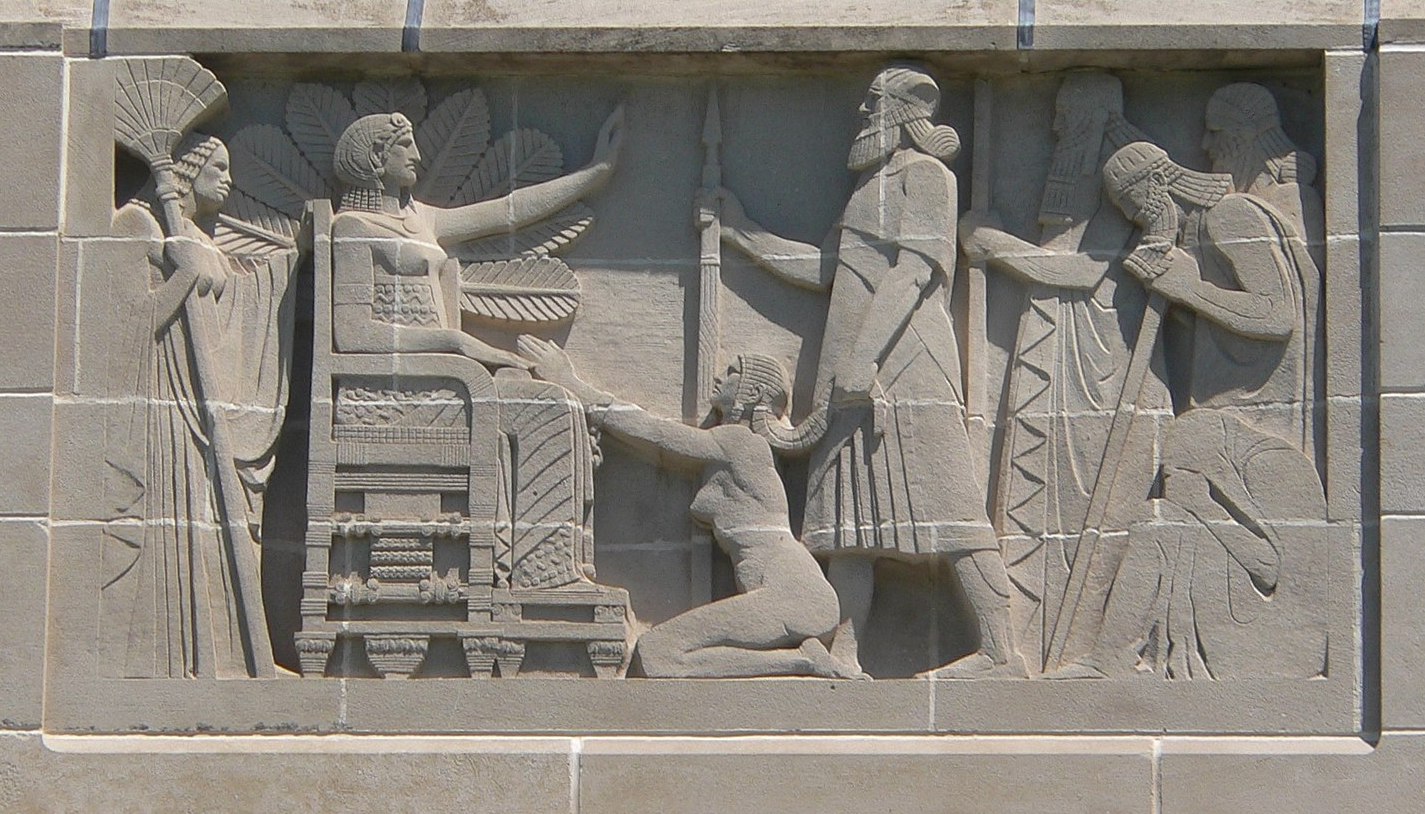Can you imagine a person being a charismatic and successful military leader, a nationally respected mediator, a prophet, and a poet whose work is remembered thousands of years later? According to the Hebrew Bible, one woman was all of these things and more: Deborah.
Deborah is, in fact, unique in that she is the only woman in the Hebrew Bible with substantial, hard political power who is portrayed positively. And she is possibly the only character lauded for military, prophetic, and artistic talents.
So who was she? In the Hebrew Bible, after the Israelites were freed from Egypt, wandered the wilderness for 40 years, and then finally entered and captured the Promised Land, there was a long period of time during which there was no centralized government — and no king. During this power vacuum, various judges — temporary leaders — led Israel through times of crisis. Deborah — who dates perhaps to the mid-13th c. BCE, over 3200 years ago — was the fourth and among the most famous of these judges.
In chapter 4 of the Book of Judges, we read that the Israelites were oppressed for twenty years by Jabin the “King of Canaan” (meaning that he was a ruler of some local, non-Israelite tribes) and his general Sisera. After the Israelites cried out to God, the Israelite judge and prophetess Deborah summoned the warrior Barak son of Avinoam and commanded him to muster a force from the Israelite tribes to confront Sisera. Barak’s response to Deborah’s battle call was this: “If you go with me, I’ll go; if you don’t go with me, I won’t go” (Judges 4:8).
With your help, My Jewish Learning can provide endless opportunities for learning, connection and discovery.

Deborah agrees to accompany Barak, promising him that God “will deliver Sisera into the hands of a woman.” (In other words, if she accompanies Barak with the troops, it is a woman, rather than he, who will be credited with the victory.) Deborah and Barak, together with their infantry, climb Mount Tabor and then charge down the side against the Canaanite forces, defeating Sisera’s force of iron chariots. Sisera himself flees on foot to the tent of a woman named Yael, whose husband, Heber the Kenite, is an ally of Jabin. For unstated reasons, Yael lures the Canaanite general Sisera into her tent, lulls him to sleep with milk, then drives a tent peg through his temple. Thus, Deborah’s prophecy that a woman will defeat Sisera is fulfilled in an unexpected way.

Next we have a poem sung by Deborah and Barak following their victory (Judges 5). Thought by many scholars to be one of the oldest parts of the Hebrew Bible, the song recounts the events of the previous chapter in a different way. It castigates those who did not contribute to the Israelite cause in the war and lauds those who did, mentioning Deborah herself as well as Yael, and painting a luridly vivid scene of Sisera’s mother and her female counsellors waiting anxiously, and in vain, for the general to return home.
Through the window peered Sisera’s mother,
Behind the lattice she whined:“Why is his chariot so long in coming? Why so late the clatter of his wheels?”
Like the book of Ruth and the story of Moses’ birth and upbringing (Exodus 2:1–10), these two chapters focus on women (Deborah, Yael, and Sisera’s mother) and present a female point of view. But unlike those other instances, here we see women wielding true military might — Deborah the general and Yael the political assassin.
A woman who combined stinging rebuke with mellifluous praise in her poetry, Deborah’s name literally means “bee.” The prophetess is not the only woman in the Bible with this name: the nurse of the second matriarch Rebecca was also named Deborah (Genesis 35:8). And, incidentally, many other women and men in the Bible are named after animals, including Deborah’s fellow heroine Yael (“ibex”) and up to three of the four matriarchs: Rebecca (possibly “heifer”); Leah (probably “cow”); and Rachel (“ewe”). And there are many more.
The section of the book of Judges that features Deborah is read in the synagogues of all traditional Jewish communities as the haftarah for the Torah portion Beshalach, because the latter contains the Song of the Sea (Exodus 15), which resembles the Song of Deborah. This portion is usually read on the Shabbat before Tu Bishvat.
When it comes to female biblical role models, Deborah is hard to beat. She has it all — intelligence, strength, artistry, and prophecy. Interestingly, though we might argue the Bible has a shortage of strong female leaders, the text evinces no need to apologize for or explain this one who is, in many ways, far more multi-talented and successful than many of her male counterparts.
Some fun trivia: the “Deborah number” is a concept in Physics which quantifies the observation that even solid materials flow over very long periods of time. The term was coined by Israeli scientist Markus Reiner, who noted that Deborah sang, “The mountains flowed before the Lord.” (Judges 5:5) Reiner attributed to Deborah the insight that mountains do not flow before man but only before God, whose time of observation is infinite.
Want to get to know more amazing, complicated, and relatable biblical personalities? Sign up for a special email series here.



